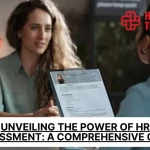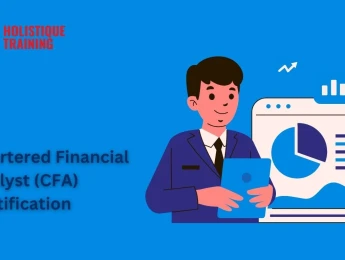With today’s changing society, developing company values and increasing customer expectations, it’s crucial to ensure you’re making the best financial decisions for your business's future.
Rapid changes to the structure and technological developments can mean that you need to monitor your budget closely and invest just at the right time in order to stay ahead of your competition.
Financial decisions aren’t easy to make, especially if you are the one holding the purse strings, and it’s essential to learn what investors, stakeholders, and partners want to see in order to keep that money coming in at the top of the funnel.
To do the right thing, you will need to consider risk management, business continuity plans, and auditing techniques to discover underlying issues. You will also have to take action towards appropriate performance and staff management to stay afloat and keep growing in the dynamic and ever morphing business world.
Upon completion of this course, participants will be able to:
- To understand sophisticated decision making techniques to benefit your financial strategy.
- To develop key distinctions when it comes to active and passive portfolio management.
- To create solid investment portfolios for your stakeholders.
- To develop mutually beneficial relationships with key stakeholders based on your business plan.
- To identify risks to your finances and create mitigation strategies.
- To create business continuity plans based on accurate data and insights.
- To recognise where finances can be pulled from and create plans to obtain extra money towards projects.
- To understand the drivers for dividend and capital decision making.
- Senior Executives
- Business Owners
- Financial Managers
- Chief Finance Officers
- Project Planners
- Change Managers
- Operations Managers
- HR Professionals
- Managing Directors
This course uses a range of adult learning techniques to help participants discover the right financial planning strategy for their business. Delegates will experience real-world financial structures and use group activities to understand risk areas and how to mitigate by producing a suitable continuity plan.
They will be provided with the best tools and techniques to develop a key financial strategy based on accurate data and forecasting models and take part in role-playing activities in order to develop keen negotiation skills to entice stakeholders and partners.
Day 5 of each course is reserved for a Q&A session, which may occur off-site. For 10-day courses, this also applies to day 10
- How financial management can benefit your business.
- Understanding the types of debt.
- What are equity securities?
- Passive portfolio management.
- Active portfolio management.
- Understanding payback accounting and return rate.
- Identifying risk and return opportunities.
- Bond pricing.
- Equity valuation.
- Developing leverage.
- Weighing up advantages and disadvantages of investment opportunities.
- Pricing structures and how to find one that suits you.
- Presenting figures for stakeholders.
- Partnership and contract negotiation techniques.
- Stakeholder and employee buy in.
- WASS and CAPM.
- Limitation and risk management tables.
- Theories and evidence of capital structure financing.
- The IPO process.
- NPV, IRR and modified payback.
- Derivatives contracts - features and characteristics.
- The advantages of good debt.
- Preferred CFO techniques and reasoning.
- Dividend policies and action items.
- Mergers and acquisitions.
- Your growth model.
- Stock market listings - the pros and cons.
- The costs of capital gain.
- Share options and their individual benefits.
- Risk and continuity against options contracts.
- The free cash flow approach.
- Auditing and accurate record keeping.
- Identifying downturns and making a change.
- Your budget against financial plans.
Upon successful completion of this training course, delegates will be awarded a Holistique Training Certificate of Completion. For those who attend and complete the online training course, a Holistique Training e-Certificate will be provided.
Holistique Training Certificates are accredited by the British Assessment Council (BAC) and The CPD Certification Service (CPD), and are certified under ISO 9001, ISO 21001, and ISO 29993 standards.
CPD credits for this course are granted by our Certificates and will be reflected on the Holistique Training Certificate of Completion. In accordance with the standards of The CPD Certification Service, one CPD credit is awarded per hour of course attendance. A maximum of 50 CPD credits can be claimed for any single course we currently offer.
- Course Code PF1-108
- Course Format Classroom, Online,
- Duration 5 days














